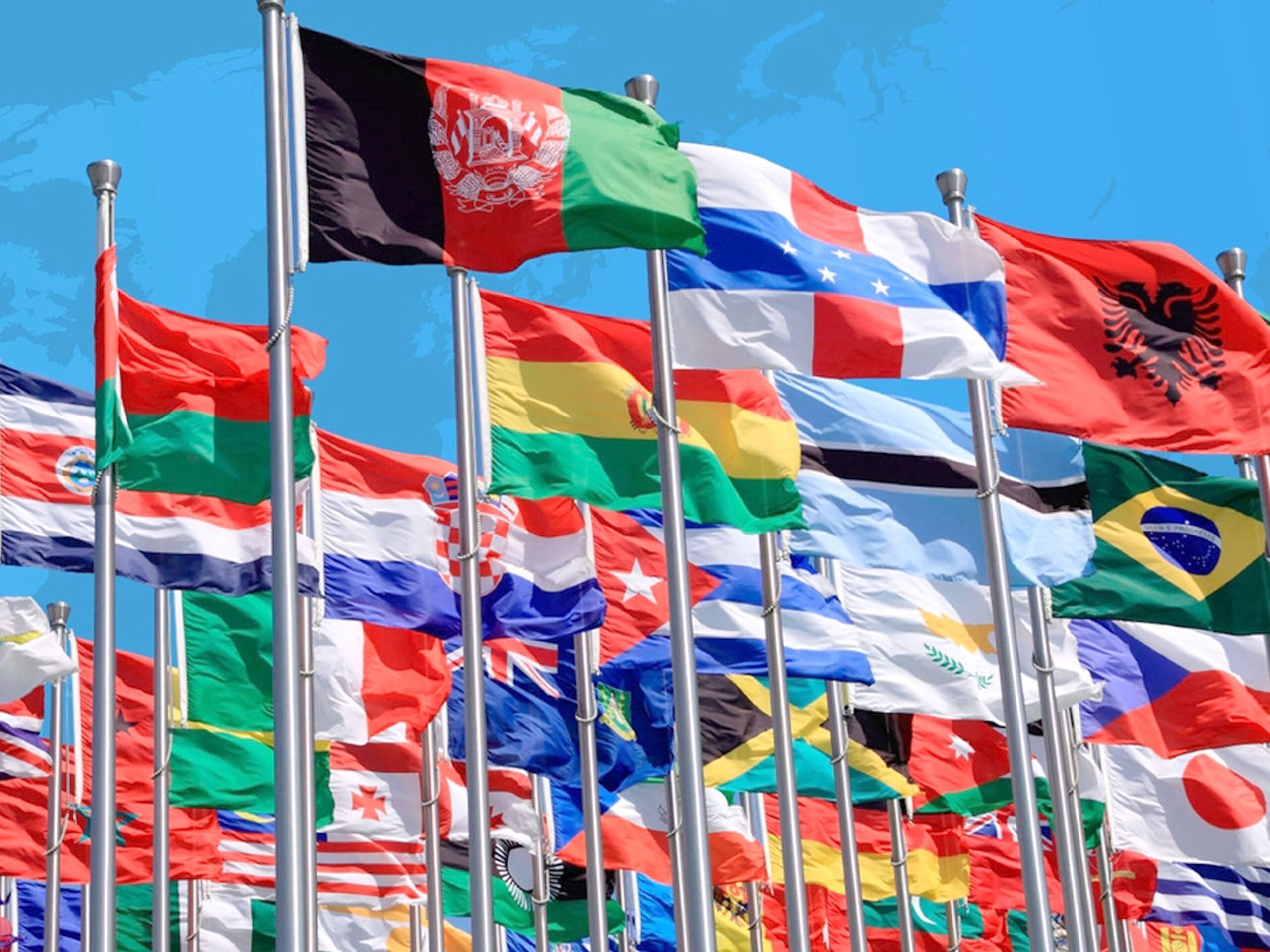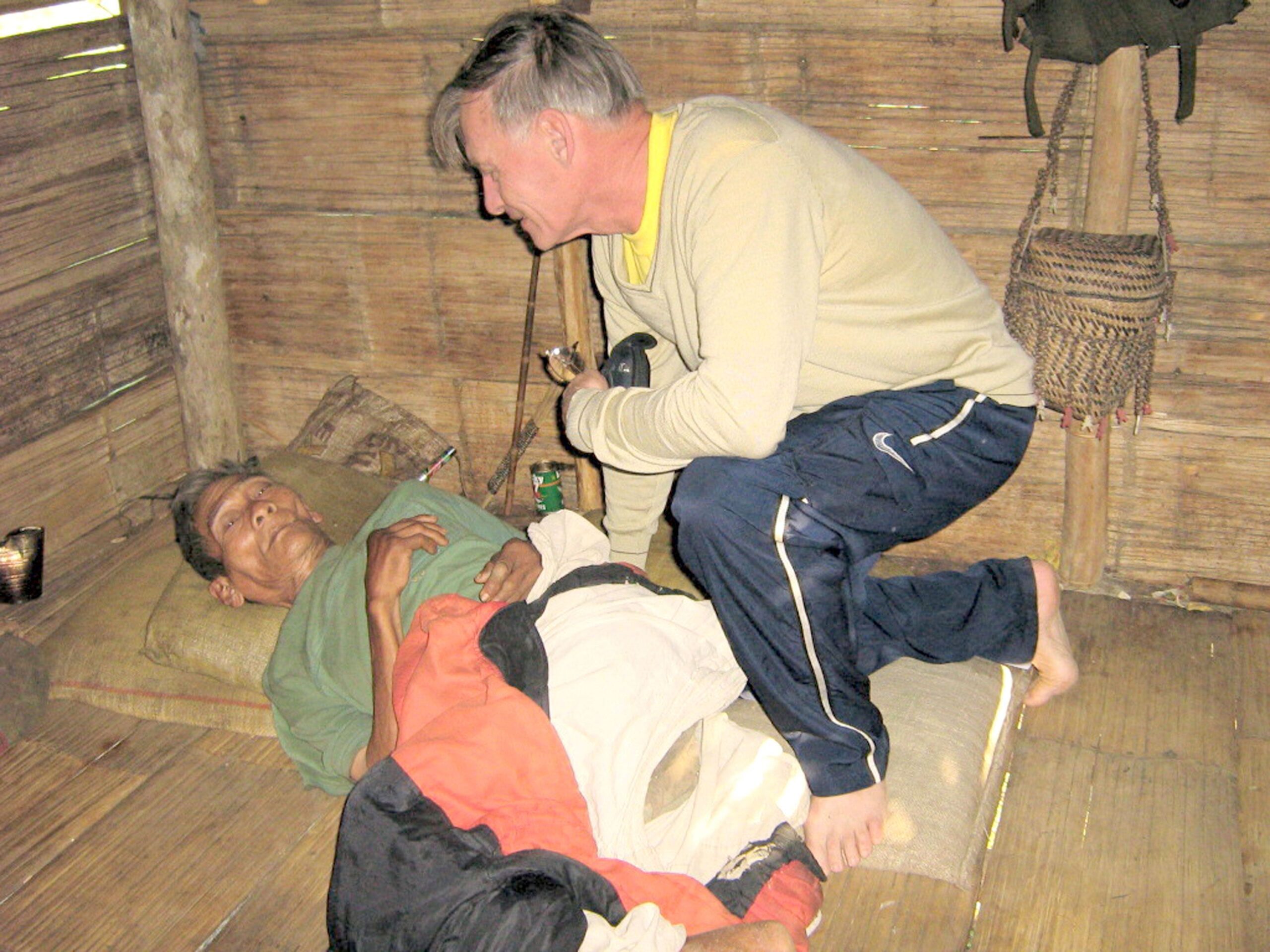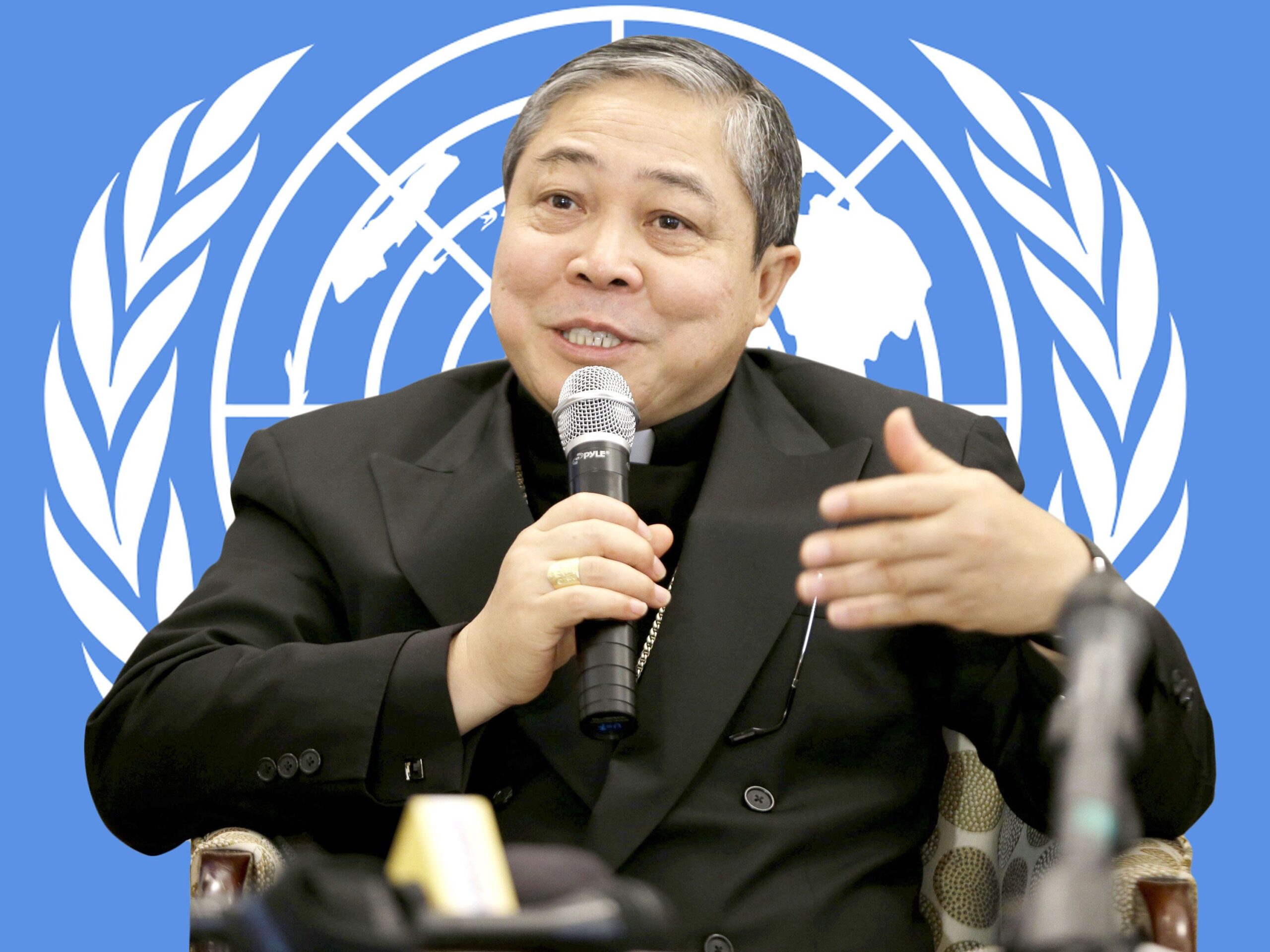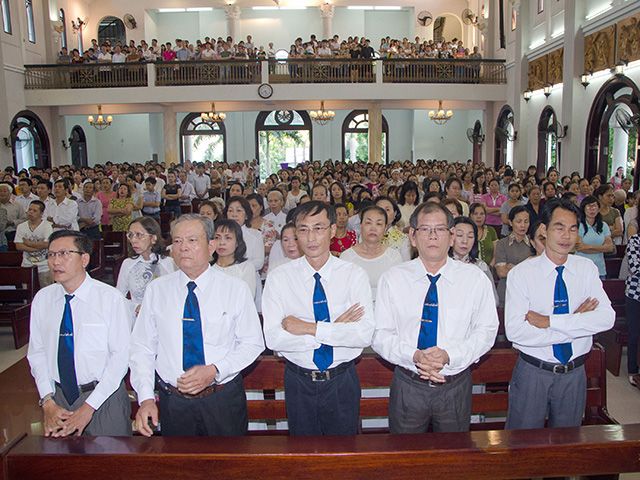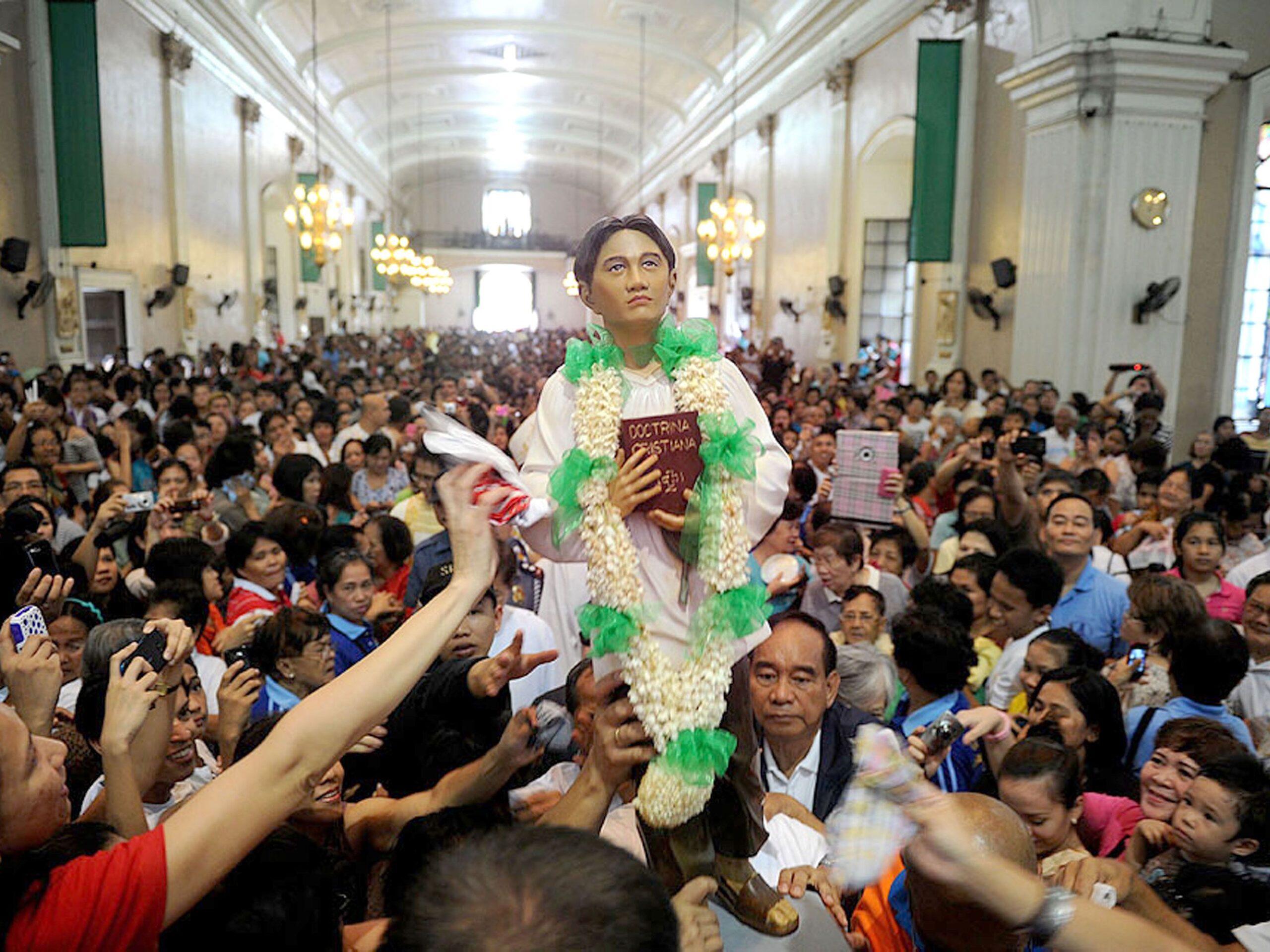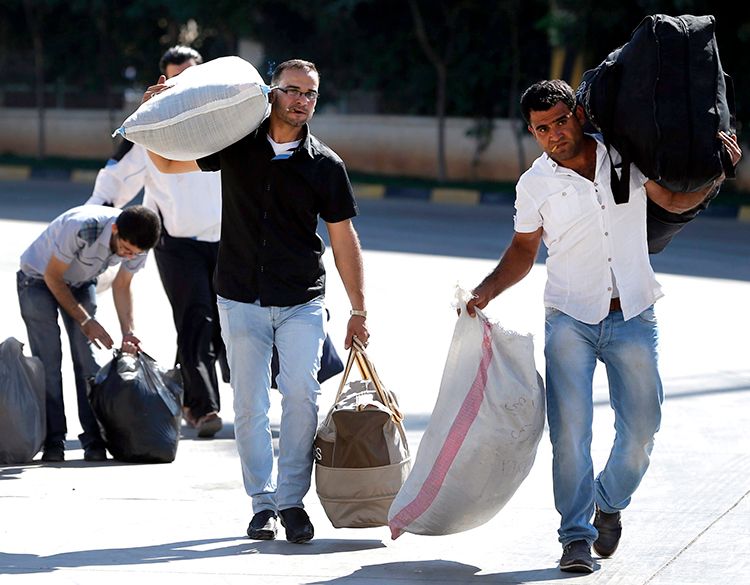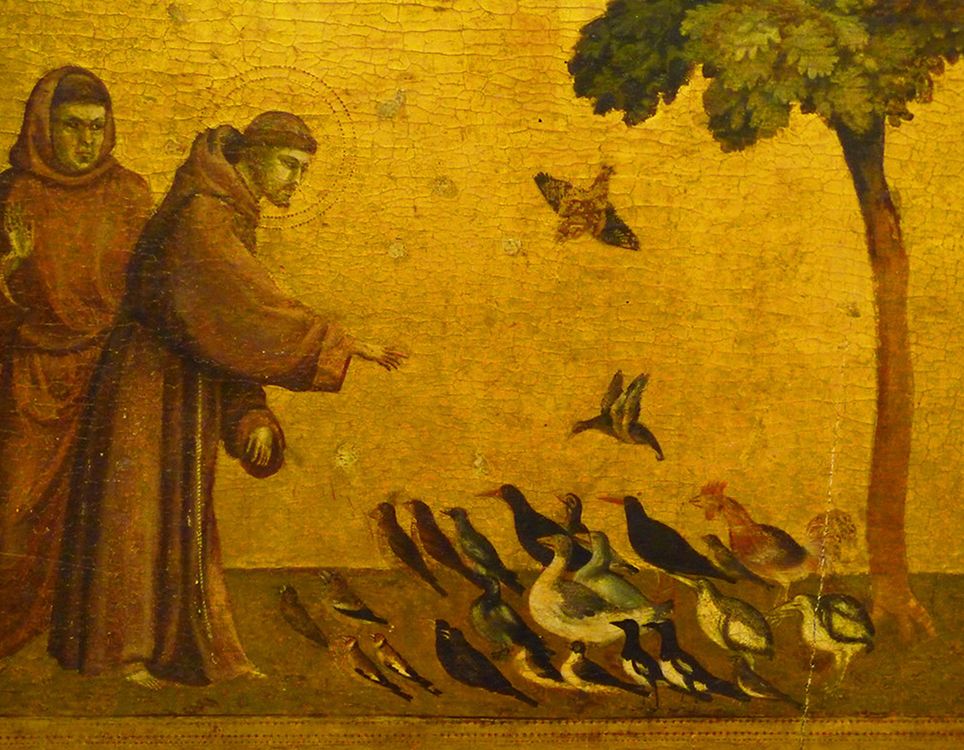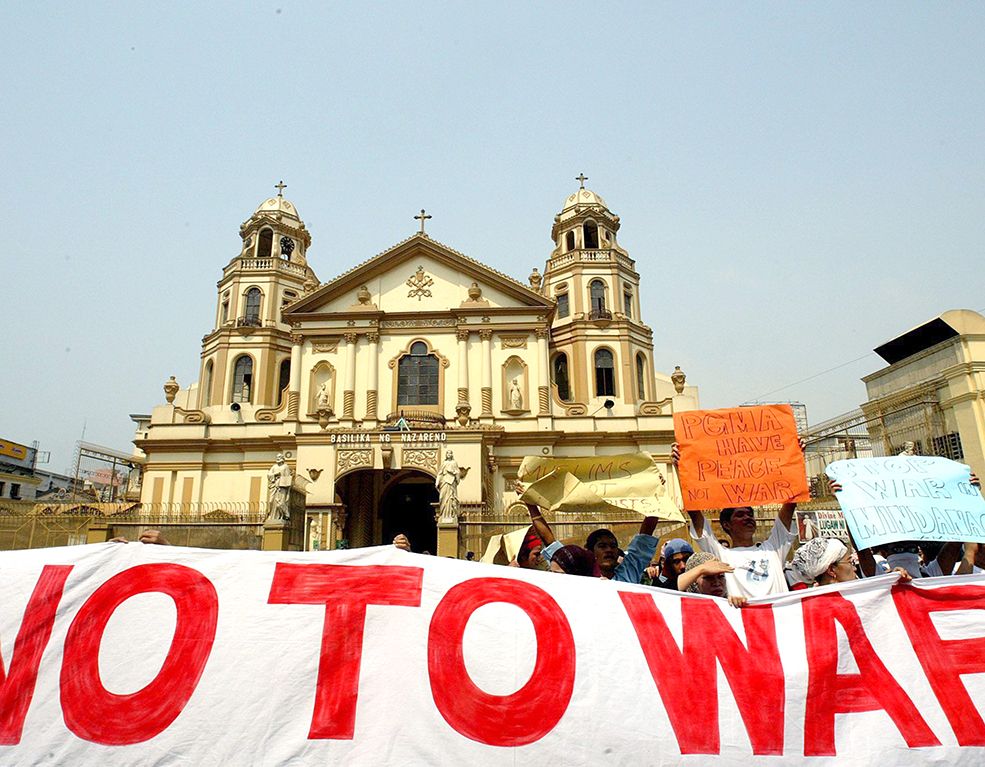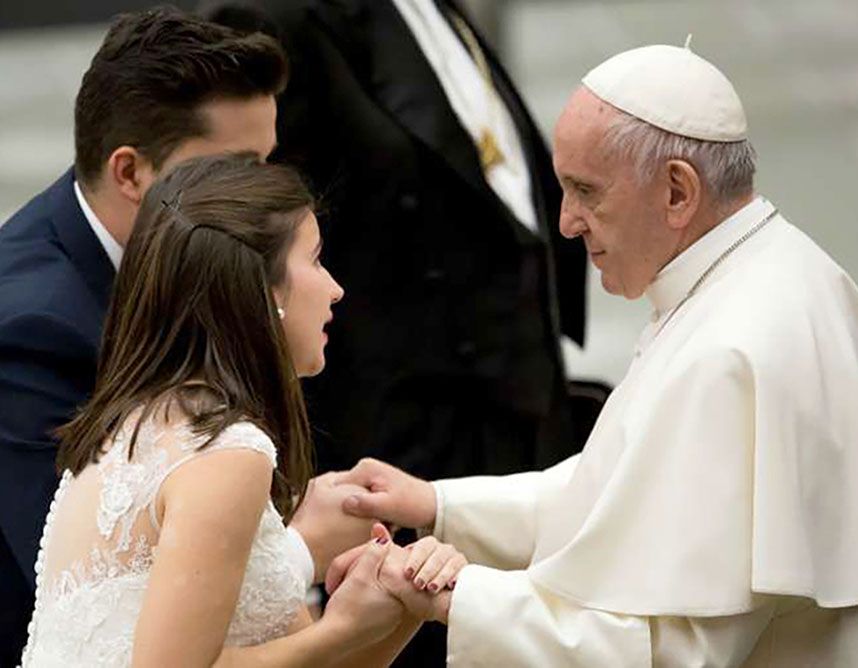With the development of science and technology, a great change came to the 19th century, especially in the most advanced countries like England and Germany – the Industrial Revolution and the development of capitalism. Big factories were started in which a great number of goods were produced by means of newly-invented machines.
Great masses of people left the countryside and came to work in the factories, swelling up city populations. There were no laws to protect the workers because, according to the principles of economic liberalism, the salaries were fixed through bargaining between the bosses (capitalists) and the workers (proletarians) who were in this way terribly exploited. They could be forced to work up to 15 hours a day; children and women were also engaged without protection; no social security, no insurance and pensions were in existence. This was called “the social question.”
The state had nothing to do with the regulation of work because the main liberal idea of the time was non- interference (laissez-faire); the state had only to favor the free play of the marketplace, of the market laws. Society had changed profoundly and a new outlook was necessary. This brought about the development of socialism: a social theory which intends to abolish the private property of the means of production and come to the rescue of the workers. The most important of the socialist thinkers is Karl Marx, a German philosopher and economist, the founder of the modern Communist movement, who, in 1848, published the famous Communist Manifesto with the motto: “Workers of the whole world, unite!”
From Almsgiving to Social Justice
The success of the communist and socialist movements was possible only because Christians were slow in understanding that the new social problems needed a new approach. The preaching of the Church was still based only on the principle that the rich had to come to the help of the poor out of charity. Because of this delay, a gap was created between the Church and the working class which has not yet healed.
But in the second part of the 19th century, the social teaching of the Church developed enormously and Catholic movements started organizing the workers in trade unions in order to fight for a new social order. This social movement on the part of the Christians was encouraged by Pope Leo XIII, with his 1891 encyclical, Rerum Novarum (“The New Things”), which applied the Christian principles of the Gospel to the new social condition.
The Pope condemned the materialistic and revolutionary ideas of communism and, at the same time, the liberal ideas. He said that work is not a commodity to be put on the market, but it is connected with the dignity of the human person. He spoke of just salaries, or working hours, working regulations, of the right of the workers to organize themselves in trade unions so as to improve their conditions and of their right to go on strike if necessary. He spoke of the social function of private property and of the duty of the state to bring about social laws and reforms in order to bring equality and harmony among different social classes.
Meanwhile, the social movement of the Christians prevailed in the Western world, also because of the political commitment of the different Christian Democratic parties. Without the communist revolution, the most advanced industrialized countries of the world, like the United States of America and the countries of the European Community, are those in which the conditions of the working class were far better off than in any part of the world, communist countries included.
This came about also because of the Social-Democrats Movement by which, since the last decades of the 19th century, socialists abandoned the revolutionary ideas of Marx and followed a path of loyalty to the democratic institutions of the state and of social advancement through reform. This course was influenced to a large extent by the Christian social doctrine.
In this way, social catholicism contributed to the defeat of the communist threat and to the very survival of Christianity and showed that the principles of the Christian religion, far from being the opium of the peoples, could express an astonishing vitality in solving the problem of the modern age.
Church’s Solidarity with Humanity
Further development of the Social Doctrine of the Church came in the post-World War II period when attention turned to the problems of social and economic development and international relations. In 1961, Pope John XXIII released Mater et Magistra, subtitled “Christianity and Social Progress.” This encyclical expanded the Church’s Social Doctrine to cover the relations between rich and poor nations, examining the obligation of rich countries to assist poor countries while respecting their particular cultures. It includes an examination of the threat of global economic imbalances to world peace.
In 1963, Pope John expanded further on this in Pacem in Terris (“Peace on Earth”), the first encyclical addressed to both Catholics and non-Catholics. In it, the Pope linked the establishment of world peace to the laying of a foundation consisting of proper rights and responsibilities between individuals, social groups, and states from the local to the international level. He exhorted Catholics to understand and apply the social teachings. This document, issued at the height of the Cold War, also included a denunciation of the nuclear arms race and a call for strengthening the United Nations.
The primary document from the Second Vatican Council concerning social teachings is Gaudium et Spes (“Pastoral Constitution on the Church and the Modern World”), which is considered one of the chief accomplishments of the Council. At its core, the document asserts the fundamental dignity of each human being, and declares the Church’s solidarity with both those who suffer, and those who are committed to comfort the suffering: “The joys and the hopes, the griefs and the anxieties of the people of this age, especially those who are poor or in any way afflicted, these are the joys and hopes, the griefs and anxieties of the followers of Christ.”
Worldwide Social Question
Pope Paul VI gave attention to the disparities in wealth and development between the industrialized West and the Third World in his 1967 encyclical Populorum Progressio (“The Development of Peoples”). Paul called on rich nations to meet their moral obligation to poor nations, pointing out the relationship between development and peace. His definition “development is the new name of peace” became famous. According to Pope Benedict XVI, Populorum Progressio can be compared to the first encyclical by Leo XIII because of its impact and the conscience of an epochal change.
John Paul II continued his predecessors’ work of developing the body of Catholic social doctrine. Of particular importance was his 1981 encyclical Laborem Exercens which qualifies the teaching of private ownership in relation to the common use of goods that all men, as children of God, are entitled to. The Church “has always understood this right within the broader context of the right common to all to use the goods of the whole Creation: the right to private property is subordinated to the right to common use, to the fact that goods are meant for everyone.
Meaningful Silence
From the last social encyclical of John Paul II Centesimus Annus which coincides with the first centenary of Rerum Novarum(1991) until Laudato Sì of Pope Francis (2015), no other major pronouncement about social questions came out from the popes. This almost quarter-of-a-century silence is the sign of the big changes that are happening in the world, brought about by the huge phenomenon of globalization. These changes make the Social Doctrine of the Church almost a thing of the past, not because its principles have become wrong or unreal, but because the world is running wild, far from the beautiful synthesis of the social doctrine of the Church.
In the meantime, in 2005, there was the publication of the “Compendium of the Social Doctrine of the Church,” a work entrusted to the Pontifical Council for Justice and Peace, where the different documents of more than one hundred years of reflection and teaching are unified in a kind of encyclopedia, confirming again the impression that we are at the end of an era. Since then, the globalization has reshuffled all the cards. It is a new ball game which badly needs to find a sense and expects guidelines befitting the new scenario. It seems that it is easier to complain against the new evils than to propose efficient remedies.
Pope Benedict XVI’s 2009 encyclical, Caritas in Veritate, made many additional perspectives to the social teaching tradition including, in particular, relationships with the concepts of charity and truth, and introduced the idea of the need for a strong “world political authority” to deal with humanity’s most pressing challenges and problems. This idea has proven to be controversial and difficult to accept, particularly by thinkers who are generally suspicious, or even disdainful, of supranational and international organizations, such as the United Nations. The concept was further developed in a 2011 Note issued by the Pontifical Council for Justice and Peace entitled “Towards Reforming the International Financial and Monetary Systems in the context of World Political Authority.”
Pope Francis, in his apostolic exhortation Evangelii Gaudium, explicitly affirmed “the right of states” to intervene in the economy to promote “the common good.” Unfortunately, states seem powerless in front of the transnational power of multinational corporations. The Pope, however, didn’t leave out a critique: “While the earnings of a minority are growing exponentially, so too is the gap separating the majority from the prosperity enjoyed by those happy few. This imbalance is the result of ideologies which defend the absolute autonomy of the marketplace and financial speculation. Consequently, they reject the right of states, charged with vigilance for the common good, to exercise any form of control. A new tyranny is thus born, invisible and often virtual which, unilaterally, and relentlessly, imposes its own laws and rules.”
Pope Francis has warned about the “idolatry of money” and wrote: “Some people continue to defend trickle-down theories which assume that economic growth, encouraged by a free market, will inevitably succeed in bringing about greater justice and inclusiveness in the world. This opinion, which has never been confirmed by the facts, expresses a crude and naïve trust in the goodness of those wielding economic power and in the sacralized workings of the prevailing economic system.”
In his second encyclical, Laudato Si, the Pope laid forth a biting critique of consumerism and irresponsible development with a plea for swift and unified global action to combat environmental degradation and climate change. But this, as of yesterday, is too near for us to be able to see all the future implications.





